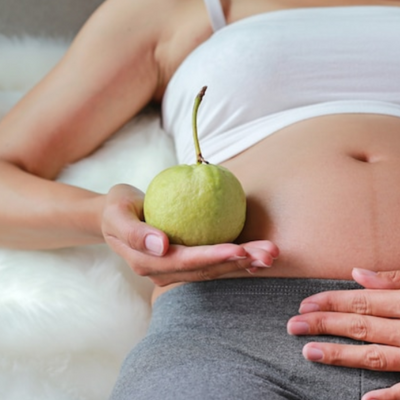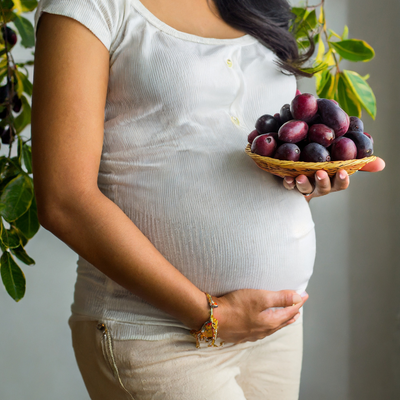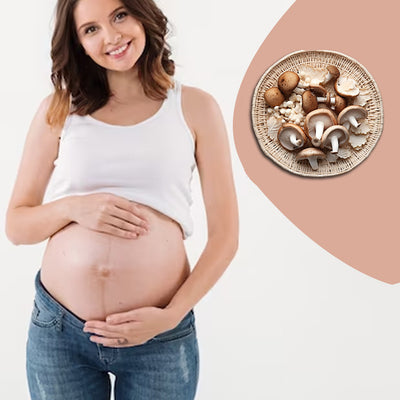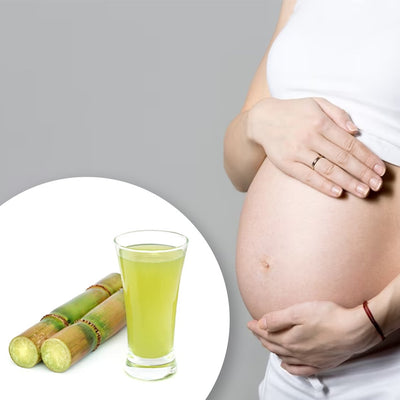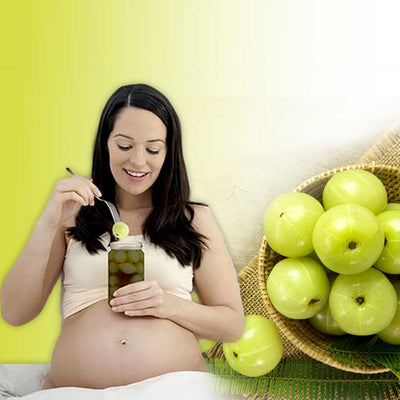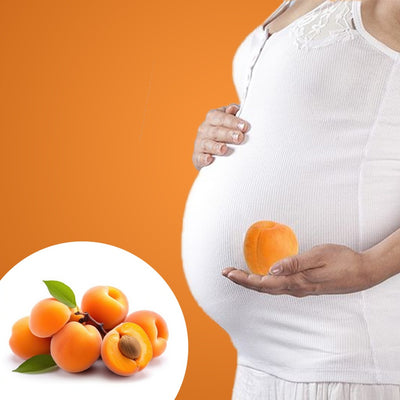Eating Figs (Anjeer) during Pregnancy

Eating Figs (Anjeer) during Pregnancy
Maintaining a well-balanced and nutritious diet during the delicate stage of pregnancy is critical for the mother's and baby's health. A diet high in vegetables, whole grains, fruits, and dried fruits is generally recommended for good health. However, it is critical to be aware of certain foods that may pose risks during pregnancy. Figs, also known as anjeer, are a tasty and nutrient-dense fruit, but expectant mothers frequently wonder about their safety during pregnancy. This article will shed light on the benefits of including figs in your pregnancy diet. Understanding whether figs are a beneficial addition or if precautions need to be taken will contribute to making informed and healthy choices for the well-rounded development of both the mother and the unborn child during this special period.
Benefits of Eating Fig Fruit During Pregnancy
Nutrient-Rich Powerhouse:
Figs, also known as anjeer, are an excellent source of nutrition during pregnancy. They are rich in essential vitamins and minerals such as potassium, calcium, and iron, which benefit both the mother and the developing baby. These nutrients are essential for bone development, blood circulation, and electrolyte balance.
Natural Source of Fiber:
Figs are high in dietary fiber, which helps with digestion and prevents common pregnancy discomforts like constipation. The fiber content promotes a healthy digestive system, ensuring optimal nutrient absorption and alleviating common gastrointestinal issues during pregnancy.
Iron Boost for Anaemia Prevention:
Anaemia is a common concern during pregnancy, and figs can help combat this condition. They have a high iron content, which helps to produce haemoglobin, preventing anaemia and contributing to the expectant mother's overall energy levels.
Rich in Antioxidants:
Figs boast a high level of antioxidants, which play a crucial role in neutralizing free radicals. During pregnancy, this can contribute to protecting the body's cells from damage, supporting a healthy immune system, and potentially reducing the risk of certain pregnancy complications.
Regulation of Blood Pressure:
The potassium content in figs contributes to maintaining a healthy blood pressure level during pregnancy. Adequate potassium intake helps counteract the sodium effects, supporting cardiovascular health and reducing the risk of hypertension, a common concern for expectant mothers.
Natural Sweetness for Craving Control:
Figs provide a naturally sweet taste, making them a healthy alternative to satisfy pregnancy cravings. Incorporating these sweet treats into the diet can help manage sugar cravings in a nutritious way, preventing excessive consumption of less healthy options.
Is It Safe to Eat Figs During Pregnancy?
Yes, it is generally safe to consume figs, or anjeer, during pregnancy, as they provide numerous health benefits. Figs are high in essential nutrients like fiber, vitamins, and minerals, which promote overall health for both the mother and the baby. However, given their natural sugar content, they should be consumed in moderation. As with any dietary changes during pregnancy, you should consult with a healthcare professional to ensure they are appropriate for your specific health conditions and needs. For maximum safety, choose fresh figs and practice proper hygiene when handling fruits.
How Many Figs Can You Eat Per Day While Pregnant?
The amount of figs that can be safely consumed during pregnancy varies depending on individual factors and overall dietary considerations. In general, moderation is important. The recommended serving size is 2-4 figs per day. This allows you to benefit from the nutritional value without consuming too many natural sugars. Individual health conditions, dietary needs, and advice from your healthcare provider are all important considerations. It is always advisable to consult with your healthcare provider to determine the appropriate quantity of figs for your specific pregnancy needs
FAQ
1. How many figs can I eat per day while pregnant?
A moderate intake of 2-4 figs per day is generally recommended. However, individual factors and health conditions should be considered, so it's best to consult with your healthcare provider.
2. Are dried figs safe during pregnancy?
Yes, dried figs can be included in moderation. Ensure they are free from additives and preservatives. However, fresh figs are preferable for higher water content.
3. Can figs cause allergies during pregnancy?
While allergies are rare, it's essential to be cautious. Introduce figs gradually and observe for any adverse reactions. If you have any concerns, consult your healthcare provider.
4. Do figs help with constipation during pregnancy?
Yes, figs are rich in fiber, aiding digestion and preventing constipation—a common discomfort during pregnancy.
5. Are there any risks associated with eating figs during pregnancy?
When consumed in moderation, figs pose minimal risks. However, individuals with specific health conditions should seek guidance from their healthcare provider.
6. Are figs beneficial for preventing anemia in pregnancy?
Yes, figs contain iron, supporting hemoglobin production and helping prevent anemia—a common concern during pregnancy.
7. Can figs be included to satisfy pregnancy cravings?
Certainly! Figs provide a natural sweetness and can be a healthy alternative to satisfy pregnancy cravings.
8. Should I consult my healthcare provider before adding figs to my diet?
Yes, it's advisable to consult with your healthcare provider before making significant dietary changes during pregnancy. They can offer personalized advice based on your health status.







